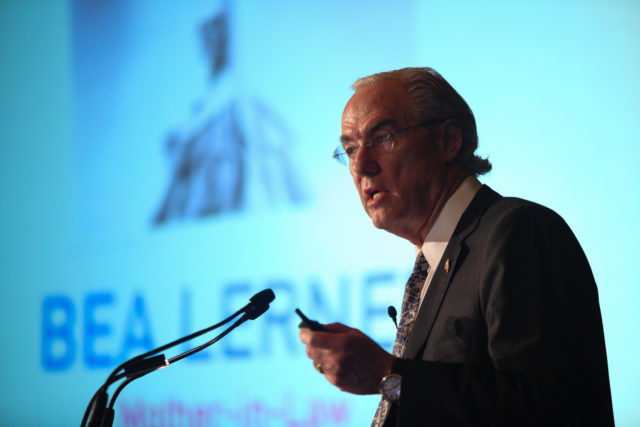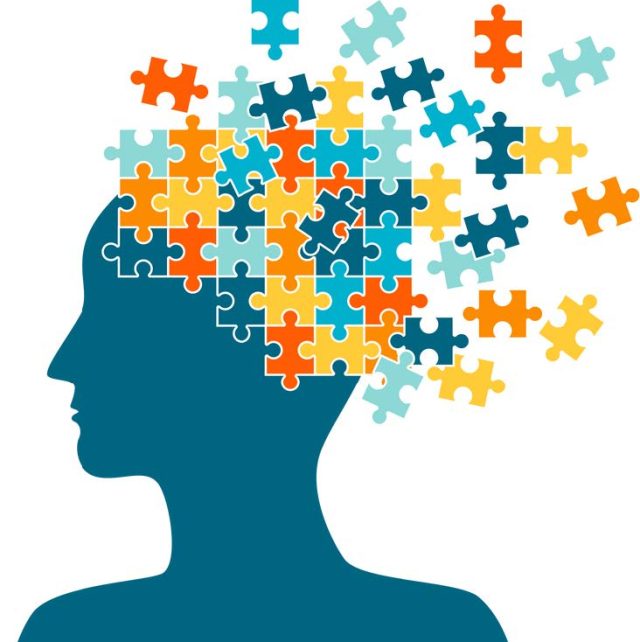We live in a world of big data which can serve as a particularly useful tool for health systems to gain a better understanding of patients and their needs across large populations. With appropriate use, big data has the potential to advance health research and help healthcare providers personalize care; however, this has been largely unrealized because of the challenges associated with connecting, processing, and analyzing large data sets to produce meaningful conclusions.
OBI is one of many groups around the world that has recognized big data’s potential to change the landscape of neuroscience research related to individuals with different types of disorders. One of the best examples is neurodegenerative disorders (dementia), where there is already an international discussion on the importance of sharing data. Such an approach will help in diagnoses and prognoses, and research is already beginning to show that Alzheimer’s and Parkinson’s may have more in common than previously thought. Patterns in data can create new questions about underlying causes of certain diseases and new perspectives to predicting risk factors. Bringing this knowledge into action is extremely important since dementia directly affects more than 35 million people worldwide with associated annual costs of more than US$ 600 billion. These numbers are projected to increase as the baby boomers reach the age of risk for Alzheimer’s. The solution requires information from many people with diverse backgrounds, and it will only be achievable by researchers and clinicians working together and sharing data.
Building the right tools to harness big data
This increasingly urgent matter calls for a new approach. In an effort to harness the potential of big data to improve healthcare, OBI created the Centre for Ontario Data Exploration (Brain-CODE), to enable Ontario researchers to discover and explore new and multifaceted relationships across a wide range of data types including behavioral science, imaging, and genomics. Brain-CODE will allow for new questions to be asked; such questions may stem from applying linkages between clinical data, population health data, and even environmental data. Brain-CODE integrates data from neuroscience researchers across Ontario, creating the potential to bring dementia research to an unprecedented level.
Taking a global approach to tackle Alzheimer’s Disease and other dementias
The OBI recently partnered with the Institute of Health Policy, Management and Evaluation (IHPME) and the Organisation for Economic Co-operation and Development (OECD) to host a workshop on big data and dementia. The OECD is one of the world’s largest and most reliable sources of comparable statistical, economic, and social data so there is great potential for their efforts to result in improved policies and healthcare practices to better meet the needs of people living with—or a high risk of developing—Alzheimer’s or other neurodegenerative diseases. The OECD utilizes their data to investigate public policy and set international standards for a range of economic, social, and environmental issues.
Workshop
The international meeting, held in Toronto in September 2014, addressed how to use big data in dementia research. To help stimulate discussion, six position papers outlined some of the key challenges and opportunities for diverse stakeholders including researchers, government, and industry. Over 50 local, national, and international leaders shared their perspectives while focusing on opportunities for linking research (deep) data with health (broad) data to optimize health care systems and policies for those with dementia. The aim of the workshop was to increase international dialogue on the opportunities and challenges facing the use of big data. It concluded with a discussion on next steps for the international community.
By exploring new ways to use patient health data, a whole new course of battle against dementia is becoming tangible. This conference marks a tipping point in big data utilization in understanding Alzheimer’s and dementia. By connecting data points and change makers across sectors and geographical borders, the global efforts will continue to grow and gain momentum.
Public Talk
After the workshop OBI organized a public talk featuring George Vradenburg as the keynote speaker. He is an American lawyer, media and technology executive, and founder of organizations USAgainstAlzheimer’s and The Global CEO Initiative both aimed at changing “business-as-usual” in order to speed new treatments for individuals with Alzheimer’s. He serves on the US Advisory Council on Alzheimer’s and on UK Prime Minister Cameron’s World Dementia Council.
The talk was moderated by the Globe and Mail’s health reporter André Picard who discussed the need for science, industry and government to work together in order to turn the global crisis of Alzheimer’s into an opportunity for healthy aging and innovation. Watch a video of the full talk here.
Back to Brainnovations Newsletter


